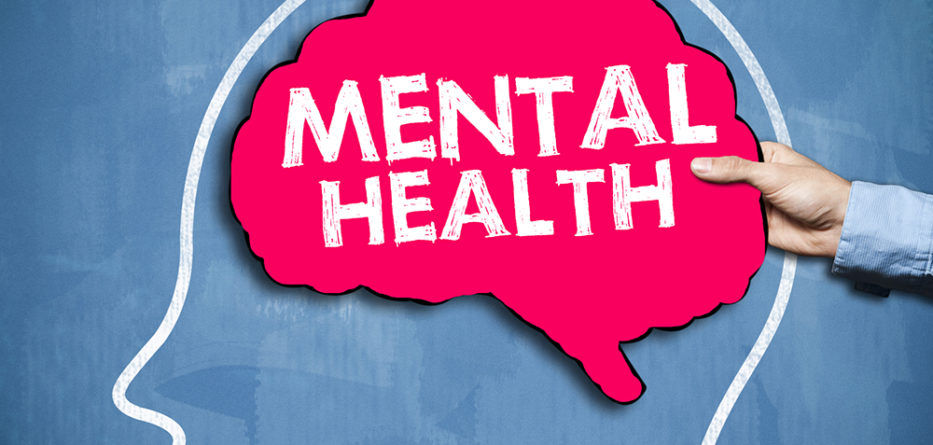By far, physical health is often more tangible and straightforward than mental health. However, over the past decade, mental health has been increasingly recognized as an essential part of people’s wellbeing. We’ve surely come a long way, and some of us have realized the advancements up close and personal.
Below are some significant breakthroughs concerning mental health over the past 10 years, and where we need to do better going forward.
People have learned how words about mental health matter in conversations
Over the recent past, there has been a growth spurt in understanding the significance of language when talking about issues concerning mental health. When sharing sensitive content or information related to mental illness online, many people have embraced gestures such as ‘trigger warnings’. These include grasping why it’s better to say ‘died by suicide ’than employing the crasser ‘killed themselves’, which was a previously acceptable alternative.
People have now become more interested and open to talking about and respecting mental health. Just as people are opening their minds to the reality of toxic and other ‘gas lighting’ behaviors, they’re also paying more attention to how they use words. People have also increasingly become sensitive about talking to others who may be suffering. To society, this serves as a subtle but remarkable win for the advancement and elevation of mental health.
Mental health has been put at par with physical health by Federal laws
Recently, on the governmental end of things during President Barack Obama’s rule, great strides were made in improving access to mental health care through the National Drug Control Policy. The president proposed additional actions to make mental health care easily accessible to young people. This included the advancement of new strategies and the training of more than 5,000 mental health professionals to ensure that young people continue receiving support together with their families after they leave home.
Thanks to the Affordable Care Act, more than 30 million Americans have gained access to health coverage, which includes about 10 million with mental health issues. Mental health care has also been included in the new Health Insurance Marketplace, which has helped citizens find ideal coverage that fits their budget and needs. The culture of negative perceptions and silence towards mental illness has now been addressed, and many young people can openly seek mental health care.
When people seek help related to mental health, there are many support services and effective treatments available. Americans have taken advantage of this progress since they’re no longer afraid to seek help. Fears have been banished and mental health is almost being brought out of the shadows.
The advent of meditation apps and telemedicine has been a helpful boost
The wide advancement in the accessibility of online support for mental health has made it possible to get an affordable appointment with the best online therapist. This has eliminated the humiliatingly difficult scenario of meeting a therapist in person, thanks to the availability of medication and telemedicine apps.
To make things even better, technology has continued to evolve as a way of delivering mental health care. This ranges from interaction with various licensed professionals to coaching and availability of standalone skill-based apps. Technology is also expected to help keep track of people’s mental health in both passive monitoring and active monitoring approaches to identify people in need of assistance before a crisis emerges. By taking advantage of AI and machine learning techniques, the lives of many mental health patients will continue to be saved.
Mental healthcare is yet to normalize like physical healthcare
While we’ve come a long way in a bid to normalize discussions related to mental illness as we show different versions on media, significant strides have to be made to boost access to mental health care and remove ‘stigma. ’Mental healthcare should not be seen as a response to problems – it should rather be recommended as a way to improve life in general for everyone. Once this understanding is altered as it should be, people will be encouraged to seek out help before they are in crisis, while it will also help remove stigma further.
Additionally, people in minority groups should easily access reliable and affordable mental healthcare. This will help people to a healthy outlet to help them cope with the ever-present hate and micro-aggressions.
Stepping up prevention and mitigation
If mental health technology can make people feel better before a mental health crisis sets in, this would be a significant milestone in the department of prevention. By expanding Americans ’health literacy to ensure that they understand what mental illness and addiction entail, young people will understand the importance of mental health – and will feel comfortable asking for help when they need it to enhance positive development. This is critical since more than 75% of adult mental health issues appear by the age of 24.Early intervention and early detection mean that our co-workers, friend sand families will be well taken care of.
Lack of service coverage and access are not the reasons why people go without the much-needed mental health care. The truth is that while the US has come a long way, we frequently confine mental health conversations to the far edges and fail to acknowledge signs of mental illness. Once we see those signs, the first reaction is turning away instead of reaching out. To reduce the awful burden of untreated mental health issues, we all need to be involved – teachers, community leaders, pastors, parents and health providers– to enhance the betterment of our culture and generations.
A problem such as addiction or depression shouldn’t be viewed as something that happens to others, since that’s how stigma develops. When we appreciate that mental illness could happen to us and those we love, the stigma will go away, and more will be invested in providing access to better assessment and treatment. After all, if a war can be declared on cancer, why should we not declare a war on mental illness?
















